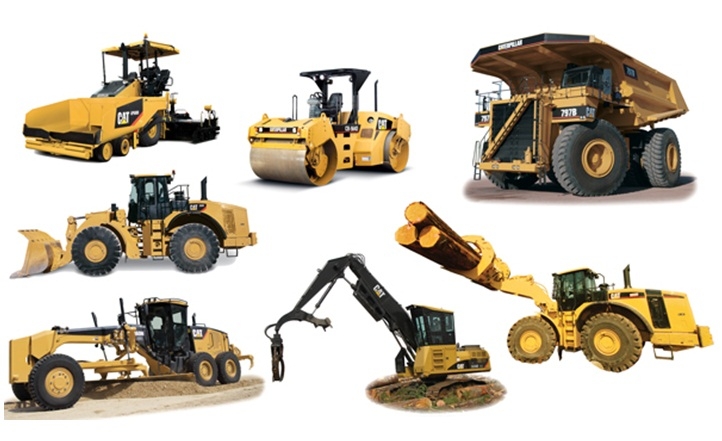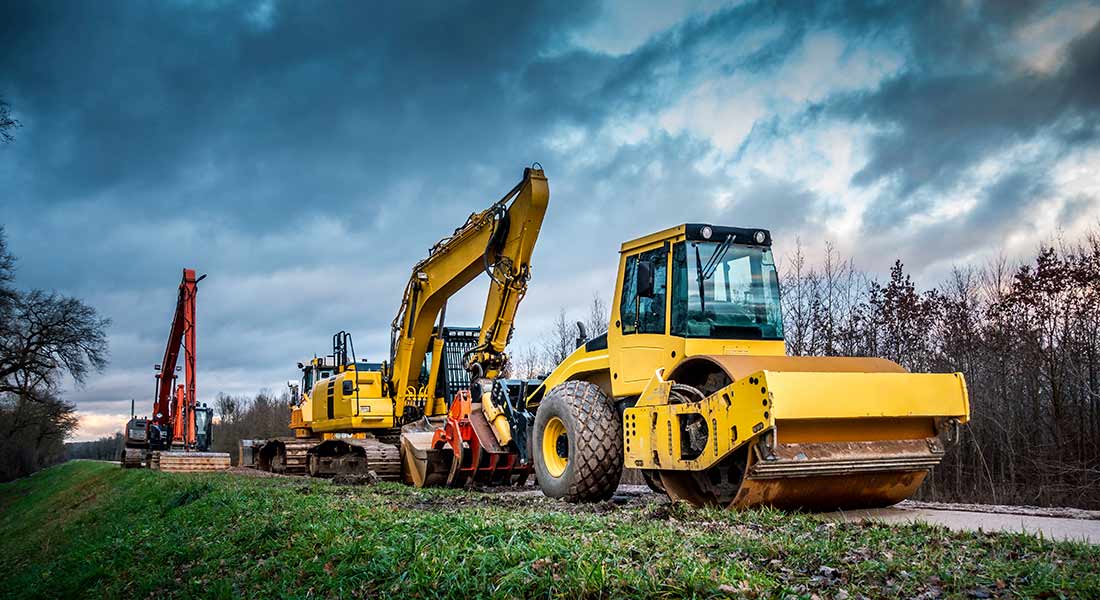Dozer Rental Services: Powerful Machines for Reliable Earthmoving
Dozer Rental Services: Powerful Machines for Reliable Earthmoving
Blog Article
Key Factors To Consider When Choosing Construction Devices Rentals for Numerous Kinds Of Structure Projects
Choosing the appropriate building and construction equipment leasings is an important part that can substantially influence the success of any building task. Secret factors to consider consist of a comprehensive evaluation of project requirements, spending plan restraints, and site problems, all of which play an important function in identifying the appropriate tools for the work. Furthermore, understanding the specifications and reliability of the equipment, along with examining distributor online reputation, can reduce threats connected with delays and security problems. As project supervisors navigate these intricacies, the nuances of each aspect can result in critical choices that call for closer examination.
Task Demands Evaluation
Effective task demands assessment is critical for making sure the successful implementation of building and construction projects. This process includes a comprehensive examination of the specific demands and goals of the project, which works as the structure for selecting ideal building tools. In order to assist in precise decision-making, stakeholders must gather thorough details concerning the project website, timeline, and range problems.
Key variables to think about throughout the evaluation consist of the kind of construction work, the volume of materials to be dealt with, and the spatial restrictions of the job website. Understanding the task's distinct needs allows project supervisors to identify the required equipment that will optimize efficiency and productivity. Furthermore, an extensive evaluation assists in figuring out the capabilities and restrictions of readily available tools options, making sure that chosen rentals meet efficiency requirements.

Spending Plan and Cost Evaluation
Budgeting for building and construction tools services is an essential element that directly affects the total financial wellness of a project. aerial lift rental. A detailed cost evaluation should consider not just the rental charges but also extra costs associated with running the equipment, such as fuel, upkeep, transportation, and possible damages waivers
When establishing a budget, it is necessary to contrast rental prices amongst different providers to identify the very best value. This includes reviewing the period of the rental duration and any type of potential discounts for lasting arrangements. In addition, understanding the certain needs of the task can aid prevent spending too much on unnecessary devices.
In addition, it is sensible to allot a backup allocate unanticipated circumstances that might emerge throughout the job, such as tools failures or prolonged rental durations. This guarantees that the project stays economically sensible even if unexpected expenses take place.
Last but not least, tracking costs throughout the rental period will supply understandings right into spending plan performance, allowing changes as needed and fostering far better decision-making for future projects - aerial lift rental. By diligently evaluating expenses, project supervisors can keep economic control while making certain that the required equipment is available to satisfy task needs successfully
Devices Type and Specifications

It is vital to assess the devices's requirements, consisting of load reach, ability, and power output, to ensure they satisfy the task's requirements. In addition, consider the atmosphere in which the devices will certainly be made use of; elements such as terrain, room restrictions, and website problems can dramatically affect efficiency.
In addition, the age and upkeep history of the rental equipment ought to not be neglected, as newer versions often integrate sophisticated modern technology that enhances operational effectiveness and security. Consulting with devices rental professionals can provide useful understandings into one of the most suitable options based on your job's scale and intricacy. By thoroughly examining tools types and their specifications, job managers can ensure that they select the right devices required to accomplish optimal cause their construction endeavors.
Rental Terms
Recognizing the devices type and specifications is only component of the rental process; just as important are the rental terms and problems that regulate the contract. These terms define the assumptions and obligations of both the tenant and the rental company, guaranteeing a smooth deal.

Secret elements of rental terms consist of the duration of the leasing, repayment timetables, and any kind of involved fees. It is crucial to make clear whether the rental period is based on daily, weekly, or month-to-month prices, in addition to any charges for late returns. Furthermore, recognizing the repayment framework, including down payments and insurance coverage expenses, is crucial to prevent unforeseen expenses.
An additional essential element is maintenance and repair work obligations. The rental agreement needs to define that Check This Out is answerable for equipment upkeep and exactly how to manage tools failures throughout the rental period. Moreover, it is important to evaluate responsibility conditions, specifically concerning damage to the tools or third-party injuries.
Lastly, be mindful of the terms surrounding tools pick-up and return. A clear understanding of these conditions can protect against disagreements and ensure that the rental process is reliable and reliable, ultimately adding to the success of your structure task.
Supplier Reputation and Support

In addition, examine the vendor's background in the market, including their experience with similar jobs. Developed distributors with a tried and tested record are extra likely to deliver the essential equipment and support promptly.
Just as crucial is the degree of client service offered. A receptive support team can make a significant distinction, especially in urgent scenarios where tools malfunctions might take place. Guarantee that the supplier offers obtainable communication channels and wants to give help or remedies swiftly.
Moreover, ask about maintenance methods and equipment problem. A distributor that prioritizes routine assessments and upkeep is most likely to provide well-functioning equipment, reducing the threat of hold-ups in your project. Ultimately, an extensive evaluation of distributor track record and support will facilitate a smoother rental procedure, enhancing general project success.
Final Thought
In conclusion, picking ideal building equipment rentals necessitates an extensive assessment of task demands, spending plan constraints, and tools specifications. A systematic technique to tools selection is important for enhancing project performance.
Understanding the job's distinct demands makes it possible for task managers to identify the necessary equipment that will maximize effectiveness and performance.Collaboration amongst task stakeholders is vital during this stage, as it fosters a shared understanding of task small construction equipment list goals and devices needs. By diligently assessing task requirements, building teams can prevent pricey delays and equipment inequalities, inevitably adding to the smooth progression of the job and adherence to timelines. The rental contract needs to define who is liable for equipment upkeep and exactly how to manage devices failures during the rental duration.In final thought, selecting ideal building and construction equipment services requires a complete evaluation of project needs, budget restraints, and equipment requirements.
Report this page